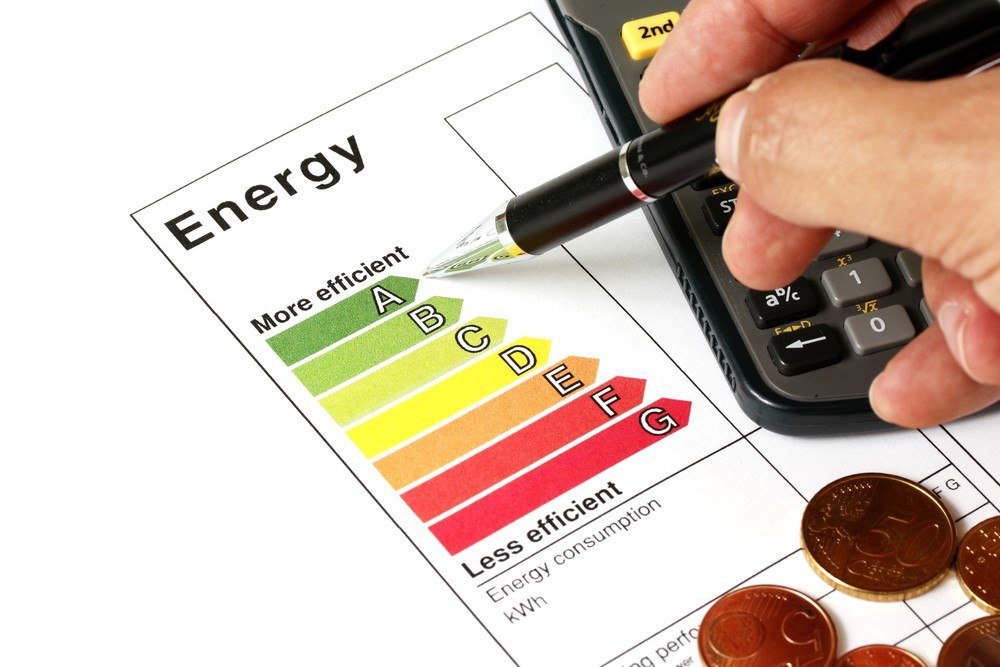Why Homeowners Should Invest in Energy Saving Solutions Before Selling Property

“Buyers want measures that will save money on bills,” Richard Patterson of MyOnlineEstateAgent.com once said about the next generation of property buyers.
What Patterson is alluding to is a new trend – and increasingly a necessity – among sellers to invest into energy saving solutions before selling their properties. There are many good reasons why one should consider taking this extra step; let’s take a look at a few of the most important ones.
Some States Require Energy Rating
Many don’t know that some U.S. states actually already require sellers to rate their properties based on the so-called “Home Energy Rating System” (HERS) index, the nationally recognized scoring system for measuring a home’s energy performance. (Your home will be rated on a scale of 0 to 150, with a lower score indicating a more energy-efficient home.)
According to the Residential Energy Services Network (RESNET), over one million homes – both old and new – have already been issued a HERS Index Score in the United States. Since it has become so popular across the country, the HERS rating is starting to affect property values, so make sure to check the requirements in your states and take advantage of the added value proposition. It might be inconvenient, but if you take the time to invest into an energy efficient property, it will only help you justify a higher sales price.
Increased Value
Speaking of a higher sales price, economists at the University of California, Berkeley and the University of California, Los Angeles, recently concluded in a study, which covered a sample of 1.6 million homes sold in California between 2007 and early 2012, that homes with energy ratings or other forms of “green” certification (e.g. LEED, GreenPoint, or Energy Star) sell for approximately 9 percent more than their non-efficient counterparts.
For a home with a $400,000 price tag, this translates into roughly $34,800 in added value. RESNET added that the market value of a home increases by $20 for every $1 decrease in annual energy costs.

Rebates, Loans and Mortgages
According to the U.S. Department of Energy, “You can benefit from energy-efficient financing whether you’re buying, selling, refinancing, or remodeling a home.” That means that buyers who are shopping for an energy-efficient home can actually apply for an energy-efficient mortgage (EEM), which in turn enables them to qualify for a more expensive home. “The EEM takes into account lower utility costs, so you can afford a slightly larger mortgage payment,” the Energy Department confirms.
While being eligible for an EEM can be a powerful and convincing argument for the buyer, you as the seller can benefit from tax rebates and other government programs (depending on the state you are in) that take the sting out of your financial commitment to energy saving solutions.
Salability
State requirements, increased value, and loans all sound great; but as Richard Patterson pointed out, “Buyers want measures that will save money on bills.” Clearly explaining to potential buyers how much money they will be able to save on monthly energy bills might be one of the most swaying arguments before they make a final purchase decision.
Be prepared to present a simple financial forecast – a year’s worth or covering the entire time period of their mortgage – that clearly points out what amount bills would usually add up to. Then compare that number to the much lower amount resulting from the energy-efficient home you are selling.
Finally, you can lay out an impressive list of equipment (and its individual value) that not only increases the market value of the property, but also its money-saving energy efficiency. If you need help creating this overview, you can use benefyd’s mobile app, which generates a digital mock-up of the home and then provides a report pointing out key areas that contribute to the monthly energy bill.
As you can see, investing into energy saving solutions before selling your property can have some pretty convincing upsides – both for the seller as well as the buyer.


